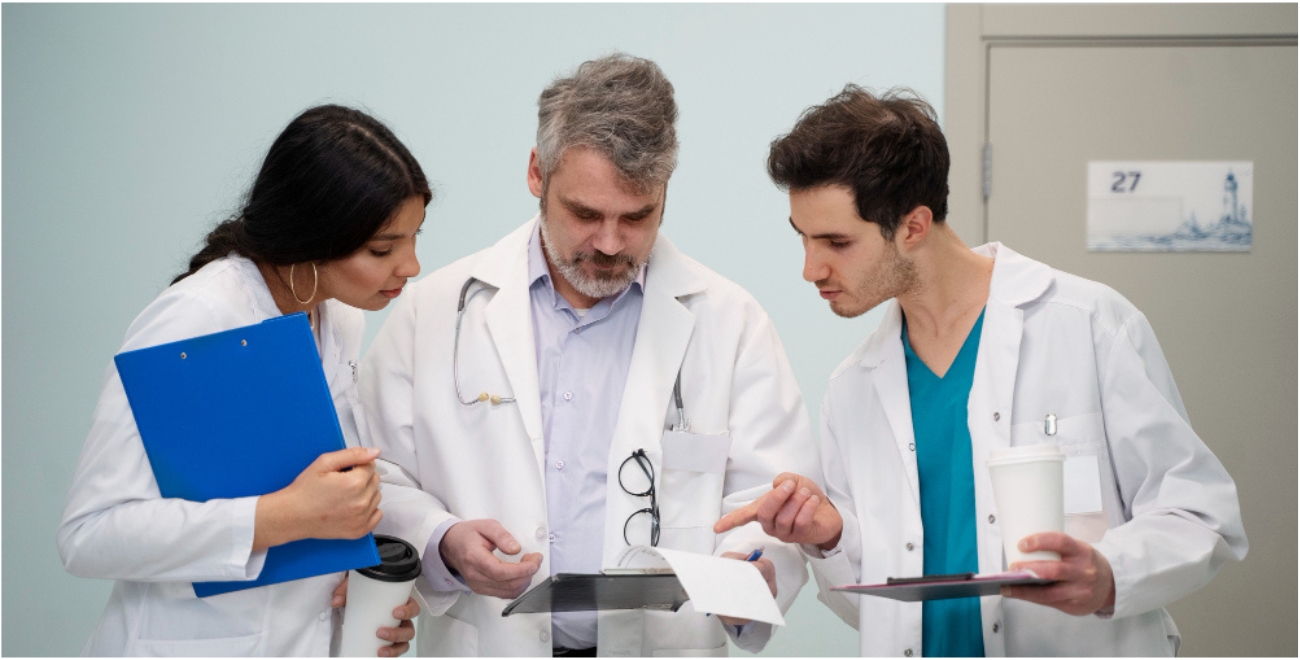White Paper 1
Streamlining GMP Compliance in the Pharmaceutical Industry
Introduction
Good Manufacturing Practice (GMP) compliance is critical for pharmaceutical companies to ensure the safety, efficacy, and quality of their products. This white paper explores the importance of GMP compliance, the challenges faced by the industry, and strategies for streamlining compliance processes.
The Importance of GMP Compliance
GMP regulations ensure that pharmaceutical products are consistently produced and controlled according to quality standards. Compliance with GMP is essential to:
– Protect patient safety by minimizing risks such as contamination and mix-ups.
– Ensure product quality and efficacy, meeting regulatory and consumer expectations.
– Maintain market access by meeting international regulatory requirements.
Challenges in Achieving GMP Compliance
- Regulatory Complexity : Navigating the varying requirements of different regulatory bodies globally.
- Resource Constraints: Limited resources for training, audits, and implementation of GMP practices.
- Technological Integration: Incorporating advanced technologies into existing systems to enhance compliance.
- Change Management: Managing updates and changes in regulations and ensuring ongoing compliance.
Strategies for Streamlining GMP Compliance
1. Centralized Compliance Management
– Implement centralized systems to oversee and manage GMP compliance across all operations.
– Use integrated software solutions to track compliance activities, audit findings, and corrective actions.
2. Regular Audits and Continuous Improvement
– Conduct regular internal and external GMP audits to identify non-compliance issues.
– Implement corrective and preventive actions (CAPAs) promptly to address audit findings.
– Foster a culture of continuous improvement to enhance compliance practices.
3. Training and Education
– Provide ongoing training for employees at all levels to ensure understanding and adherence to GMP requirements.
– Use e-learning platforms and workshops to keep staff updated on regulatory changes and best practices.
4. Leveraging Technology
– Utilize advanced technologies such as blockchain for traceability and transparency in the supply chain.
– Implement automation tools for monitoring critical processes and ensuring consistent quality.
5. Collaboration with Experts
– Partner with regulatory consultants and industry experts to navigate complex GMP requirements.
– Seek guidance on best practices and updates in regulatory standards to maintain compliance.
Case Study: Successful GMP Compliance Transformation
A mid-sized pharmaceutical company faced significant GMP compliance challenges due to outdated processes and insufficient training. By implementing a centralized compliance management system, conducting comprehensive audits, and leveraging technology for process automation, the company achieved significant improvements in GMP compliance. Regular training sessions enhanced employee knowledge and adherence to GMP practices, resulting in improved product quality and regulatory approval.
Conclusion
Streamlining GMP compliance is essential for pharmaceutical companies to ensure product quality, safety, and regulatory approval. By adopting centralized management systems, conducting regular audits, providing ongoing training, leveraging technology, and collaborating with experts, companies can overcome compliance challenges and achieve continuous improvement in GMP practices.
About Qualifyo
Qualifyo specializes in providing GMP auditing, regulatory consulting, and compliance solutions to pharmaceutical companies worldwide. With a team of experienced auditors and regulatory experts, Qualifyo helps organizations streamline their GMP compliance processes and maintain high standards of quality and safety.






